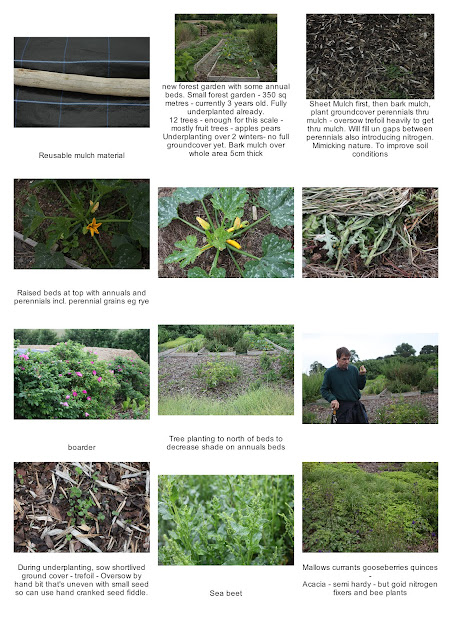Common Ground
On midsummers night’s eve (21 June 2016), the
AHRC Commons first
national event,
Common Ground, was held at the Ron Cooke Hub and
TFTV on the University of York’s Heslington East campus.
Over the course of a packed and exciting day there were a wide
range of activities across nine zones ranging from theatrical, operatic,
and poetry performances to debates, keynotes, film showings and tech
hacks.
The Common Ground activities were run by participants from
organisations across the UK including Higher Education Institutions,
cultural organisations, museums and galleries such as the British
Library, the National Railways museum and Sage Gateshead and community
groups.
We were pleased to be selected for this event, and get a chance to present A Sick Logic, and its underlying thinking at the halfway stage of our R&D process.
Alongside a set of representative posters, books and assorted objects gathered along the way so far, and a live demonstration and participatory activity of how to turn three tin cans into a wood burning stove, we proposed a
knowledge exchange. In return for A Sick Logic
fact - we asked for one in return.
Here's what we learnt.
 |
| participation/demonstration |
-----------------------------------------------------------
The Commons initiative aims to establish new forums where arts and
humanities researchers, from different subject areas and disciplines,
can gather with collaborators from other sectors. Such forums will
facilitate the exchange of ideas and good practice, helping to build a
shared case for the importance of arts and humanities research.
Implementation of the AHRC Commons began on 1 September 2014 with the
appointment of the AHRC Commons Fellow and his team. To date, they have
discussed the initiative with over 700 people at more than 35 meetings
across the UK and in Washington DC. Starting small and scaling up, the
AHRC Commons is acquiring its shape through practice as its community
engages with the initiative.
At the core of the AHRC Commons community are researchers based in
universities and Independent Research Organisations (IROs). But, the
community also includes people who collaborate with them on arts and
humanities research projects and who are drawn from a wide range of
sectors. The AHRC Commons aims to establish new forums that bring
together this diverse community, enabling them to scale up their
knowledge exchange activities to:
- Generate new knowledge and enriched expertise
- Explore key issues and develop new projects
- Establish teams that make more ambitious work possible
- Share good practice in research, collaboration, and public engagement
- Develop protocols and values that facilitate work across the community
- Build a shared case for the importance of arts and humanities research in national and international life

















































